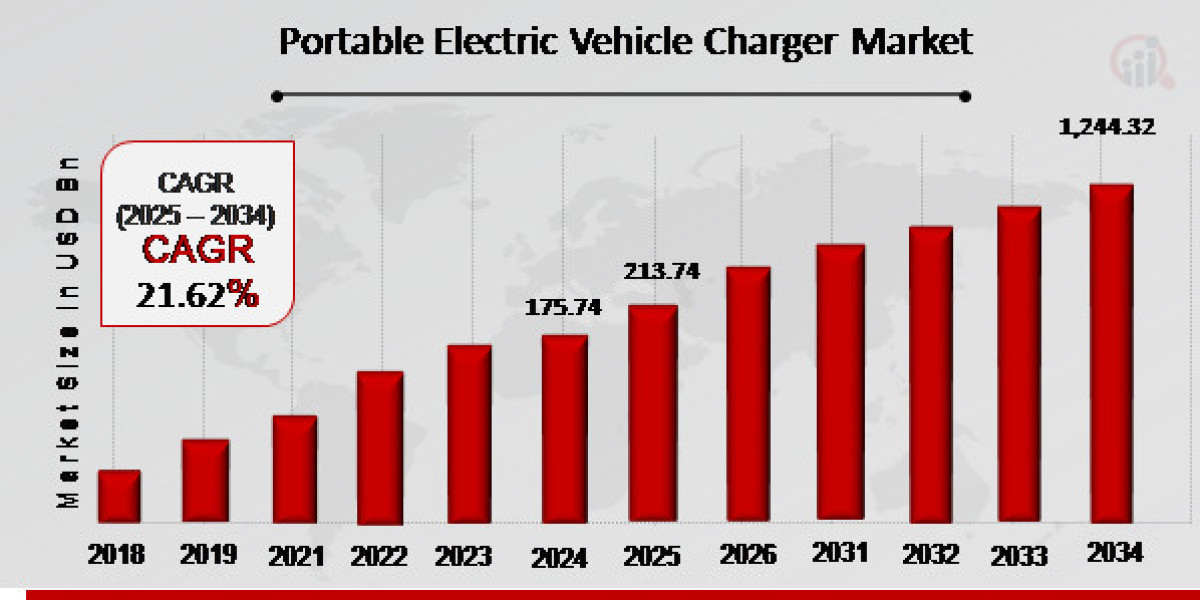Power on the Go: The Rise of Portable Electric Vehicle Chargers in 2025
As the electric vehicle (EV) market continues to expand, the need for convenient and accessible charging solutions has never been more critical. In 2025, portable electric vehicle chargers are emerging as a game-changing technology, offering EV owners the flexibility to charge their vehicles anytime and anywhere. This article delves into the trends driving the popularity of portable chargers, their benefits, challenges, and the future of EV charging.
The Growing Demand for Portable Chargers
The increase in electric vehicle adoption has led to a surge in demand for charging infrastructure. According to recent statistics, global EV sales are expected to exceed 20 million units by the end of 2025, creating a pressing need for diverse charging options. Portable electric vehicle chargers are quickly becoming a preferred solution for many EV owners, particularly for those who travel frequently or live in areas with limited charging facilities.
Key Factors Driving Demand
Increasing EV Adoption: As more consumers transition to electric vehicles, the need for convenient charging solutions is paramount. Portable chargers provide an easy way to charge on the go, catering to the needs of a growing EV user base.
Urban Living: In urban areas where parking spaces may not have dedicated charging stations, portable chargers offer a practical solution for residents who need to charge their vehicles at home or work.
Travel and Road Trips: With the rise of road trips and travel, portable chargers enable EV owners to charge their vehicles in remote locations or while on the move, enhancing the overall travel experience.
Benefits of Portable Electric Vehicle Chargers
1. Convenience and Flexibility
Portable electric vehicle chargers provide unparalleled convenience. They can be easily transported in the trunk of a car, allowing drivers to charge their vehicles whenever needed. This flexibility is particularly beneficial for long-distance travelers who may encounter charging stations that are full or out of service.
2. Cost-Effectiveness
Investing in a portable charger can save EV owners money in the long run. By charging at home or using public outlets, drivers can avoid higher fees associated with fast-charging stations. Portable chargers can also help mitigate range anxiety by providing peace of mind that a charging solution is always available.
3. Multiple Charging Options
Many portable chargers come with various connectors, making them compatible with different EV models. This versatility allows users to charge multiple types of vehicles, making them a practical choice for families or shared vehicle ownership.
Challenges Facing Portable Chargers
Despite their advantages, portable electric vehicle chargers face several challenges:
Charging Speed: One of the main drawbacks of portable chargers is their slower charging speed compared to dedicated charging stations. While they offer convenience, users may need to plan for longer charging times, especially for larger battery capacities.
Power Source Limitations: The effectiveness of a portable charger often depends on the available power source. Charging from a standard household outlet may take significantly longer than using a dedicated EV charger.
Market Saturation: As the market for portable chargers grows, consumers may find it challenging to choose the right product among a plethora of options. Ensuring quality and reliability is crucial for manufacturers to stand out in a competitive landscape.
Technological Innovations
In 2025, advancements in technology are enhancing the functionality and efficiency of portable electric vehicle chargers:
Fast Charging Capabilities: Newer models are being developed with fast-charging technology, allowing for quicker charging times while maintaining portability.
Smart Features: Many portable chargers now come equipped with smart technology, including mobile app integration that allows users to monitor charging status, receive notifications, and locate nearby charging stations.
Eco-Friendly Materials: As sustainability becomes a priority, manufacturers are increasingly using eco-friendly materials in the production of portable chargers, appealing to environmentally-conscious consumers.
The Future of Portable Electric Vehicle Chargers
The future of portable electric vehicle chargers looks promising as technology continues to evolve. Here are some trends to watch for:
Integration with Renewable Energy: The incorporation of solar panels into portable chargers could enable users to harness renewable energy for charging, making the process even more sustainable.
Enhanced Battery Technology: Continued advancements in battery technology may lead to more efficient and longer-lasting portable chargers, further enhancing their appeal.
Government Incentives: As governments worldwide promote electric vehicle adoption, incentives for portable charger purchases may become more prevalent, encouraging consumers to invest in these convenient solutions.
Portable electric vehicle chargers are revolutionizing the way EV owners think about charging. With their convenience, flexibility, and growing technological advancements, these chargers are set to play a crucial role in the future of electric mobility. As the demand for electric vehicles continues to rise, the adoption of portable chargers will not only enhance the user experience but also contribute to a more sustainable and connected future. With ongoing innovations and increasing consumer awareness, portable electric vehicle chargers are poised to become an essential tool for every EV owner in 2025 and beyond.




